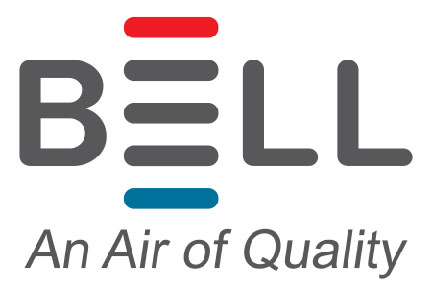
Completing the search for your first home is thrilling. You’re probably juggling numerous details about making the right choice. We believe that understanding your potential new HVAC system is vital. The property’s HVAC system represents a substantial investment and potential source of long-term costs, illustrating why a detailed inspection helps all first-time homebuyers.
In the following guide, we’ll outline seven tips for learning everything you can about a home’s heating and cooling setup. And if you want a more in-depth opinion from the experts, consider calling Bell Mechanical Services. Our seasoned technicians can weigh in on your options with industry insights that are second to none.
1. What Type of HVAC System Is It?
Start by identifying what kind of HVAC system the home includes. Furnaces tend to last longer compared to air conditioners, and some of the latest types of HVAC systems like heat pumps can offer average life spans that are impressively long. Knowing the make and specific model provides a clear idea of how much maintenance it will require.
2. How Long Ago Was the System Installed?
It also helps to learn how old the HVAC system is when you're looking at a new home. In general, HVAC systems tend to run for about 10-12 years. Having the knowledge of when it was installed helps you plan for possible repair needs or considerations if it might break down. Older systems are more prone to problems, so planning ahead of time for a replacement unit might be needed faster than expected.
3. What Does the Warranty Cover?
Be sure to check the HVAC system is covered by a warranty. If it is, you’ll appreciate how it can lighten the load for maintenance expenses. HVAC warranties should take care of parts and labor, but the details in each policy will vary. Don’t forget to look into any terms you don’t recognize to make sure you fully understand your coverage and potential out-of-pocket costs.
4. Has the System Ever Been Professionally Serviced or Maintained?
Take a close look at the maintenance history of the HVAC system, if such information is accessible. This kind of information can reveal if there have been regular problems or how much upkeep was provided. You should at least try to track down a history of key tasks such as changing the air filter, which is a positive sign indicating regularly scheduled tune-ups.
5. Are You Aware of the System’s Energy Efficiency Ratings?
Finding a home that features an HVAC system with high energy efficiency isn’t just smart; it leads to smaller utility bills and a smaller environmental impact. Look for the seasonal energy efficiency ratio (SEER) ratings for air conditioning and the annual fuel utilization efficiency (AFUE) for furnaces. High SEER ratings mean more efficient cooling throughout the season, while high AFUE ratings indicate that the fuel is efficiently converted into useable heat.
6. Have You Noticed Signs of Problems After Completing an Informal Inspection?
Even without the know-how of an HVAC technician, you should still examine the HVAC system on your own. Keep an eye out for potential issues that might have been overlooked. This might consist of odd sounds, spots with uneven heating or cooling and attempts at concealing any visible damage.
7. Is an Experienced HVAC Technician Available to Help?
If you're still hesitant to make an offer because of the condition of the HVAC system, it's wise to get an assessment and recommendation from trained HVAC technicians. They will be much more likely to catch things you might miss, like leaks in the refrigerant, damage to the wiring or inefficient ductwork.
A Consultation with Bell Mechanical Services Simplifies Your Home-Buying Journey
Choosing your first home ought to be exciting, and Bell Mechanical Services will do everything possible to ensure yours is too. Connect with us at 888-863-0560. We can talk about how our HVAC services give you peace of mind, giving you what you need to dive into home-ownership with confidence.
